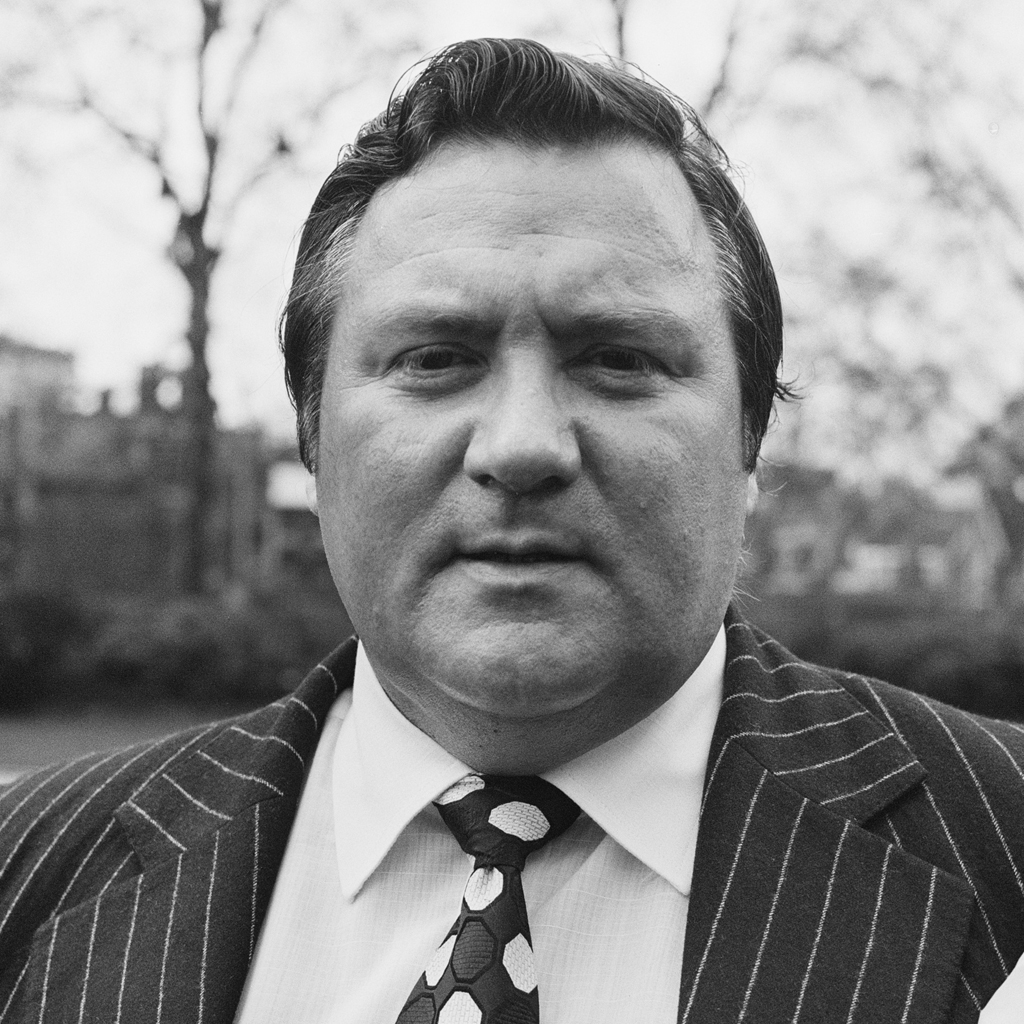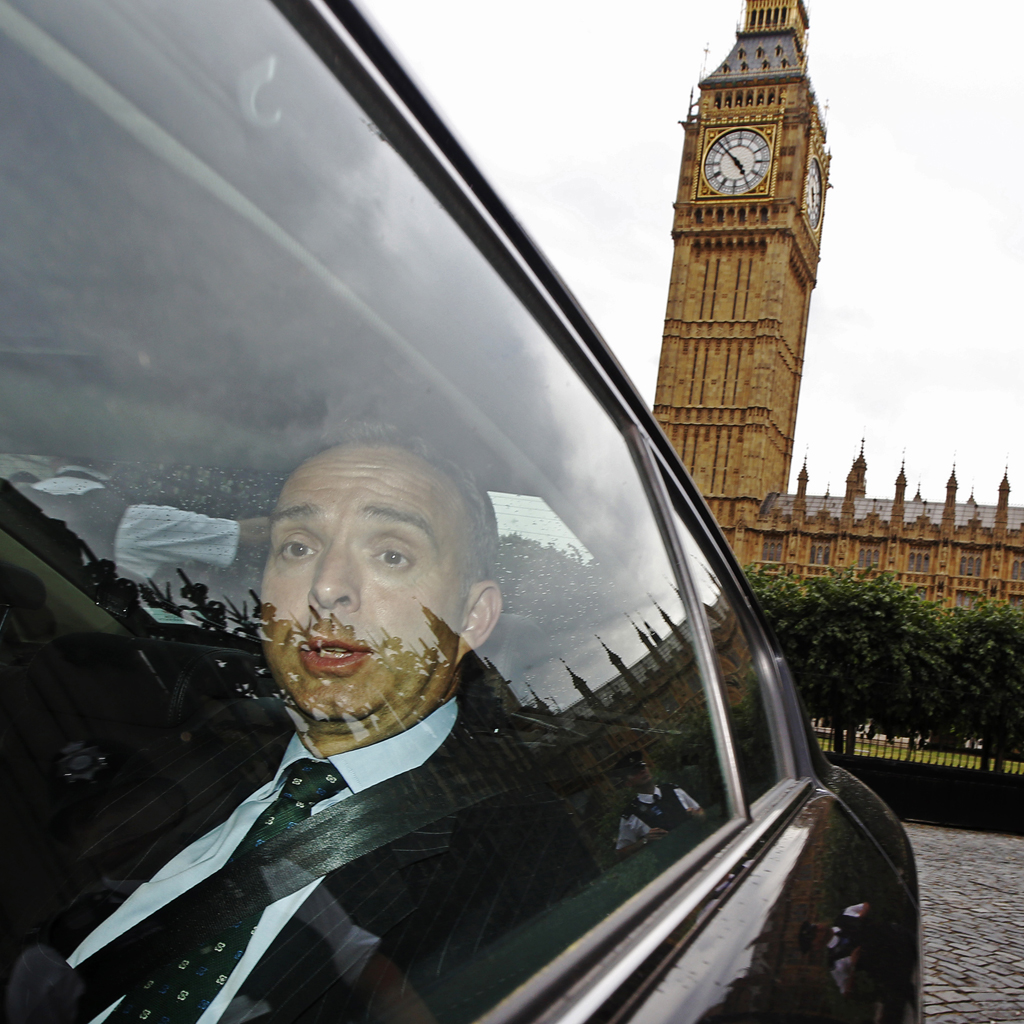Diana inquest judge to lead paedophile inquiry
The former high court judge Dame Elizabeth Butler-Sloss will head a non-statutory inquiry into how institutions handled historic complaints of child sex abuse.
The investigation will cover allegations against individuals in positions of power in the state as well as public bodies like the BBC, churches and political parties.
It was announced after David Cameron promised to leave “no stone unturned” in probing allegations of a paedophile ring with links to Whitehall and Westminster in the 1980s.
The home secretary, Theresa May, said: “In recent years, we have seen appalling cases of organised and persistent child sex abuse that have exposed serious failings by public bodies and important institutions.
“That is why the government has established an independent panel of experts to consider whether these organisations have taken seriously their duty of care to protect children from sexual abuse.”
The panel and the terms of reference of the inquiry are yet to be decided.
High-profile cases
Lady Butler-Sloss is a family law expert who has acted in a number of high-profile, sometimes controversial cases over the years.
The cross-bench peer is the former president of the family division of the high court and chaired the Cleveland child abuse inquiry in the late 1980s.
She gave the killers of toddler James Bulger lifelong anonymity and has been criticised by campaign groups like Fathers 4 Justice over her decisions in child custody cases.
Ms May said the inquiry will be given access to all government papers it requests, and the non-statutory investigation could be converted into a full public inquiry if Lady Butler-Sloss feels it is necessary.
The panel is unlikely to report before next year’s general election, but the Home Secretary promised that an update on its progress will be given to parliament before May 2015.
‘At least 20 paedophiles’ claim
Former child protection manager Peter McKelvie has said that at least 20 paedophiles, including former MPs and ministers, abused children for decades while establishment figures covered up their crimes.
Mr McKelvie’s allegations triggered police investigations after he contacted Labour MP Tom Watson in 2012.
He told the BBC: “I believe that there is strong evidence, and an awful lot of information that can be converted into evidence if it is investigated properly, that there’s been an extremely powerful elite among the highest levels of the political classes for as long as I have been alive – I’m 65 now.
“There’s been sufficient reason to investigate it over and over again, certainly for the last 30 years, and there has always been the block and the cover-up and the collusion to prevent that happening.
“For the first time I have got a belief that survivors will come forward and justice will be served for a lot of survivors, but unfortunately it has been left so late that a lot of the abusers are now dead.
“We are looking at the Lords, we are looking at the Commons, we are looking at the judiciary, we are looking at all institutions where there will be a small percentage of paedophiles and a slightly larger percentage of people who have known about it but have felt that in terms of their own self-interest and self-preservation and for political party reasons it’s been safer for them to cover it up rather than deal with it.”
Second review
Ms May has also asked Peter Wanless, the chief executive of the NSPCC, and senior barrister Richard Whittam QC to lead a fresh inquiry into the Home Office’s handling of information it received about child abuse from the 1970s to the 1990s.
Mr Wanless is expected to report within eight to 10 weeks and will look at concerns that the department failed to act on allegations of abuse contained in a “dossier” handed over in by former Tory MP Geoffrey Dickens to then Home Secretary Leon Brittan in 1983.

An investigation last year found 13 items of information in Home Office files about alleged child abuse dating from 1979 to 1999, and passed police details of four of the items about which they were not already aware.
Ms May told MPs that, while records of a number of letters from Dickens were found, there was no sign of a “Dickens dossier”.
The investigation found that 114 potentially relevant files were not available, and were presumed “destroyed, missing or not found”, but independent investigator made clear that he found no evidence to suggest that the files had been removed or destroyed “inappropriately”.
Mr Wanless is also to examine that finding that public funds totalling almost £500,000 were given to two organisations with links to the notorious Paedophile Information Exchange (PIE).
Lord Brittan welcomed the announcement of the Wanless probe, and said in a statement that allegations that he failed to deal adequately with Dickens’s allegations as home secretary were “completely without foundation”.

Home Office ‘concern’ over missing files
Home Office Permanent Secretary Mark Sedwill appeared at the home affairs select committee today, and told MPs: “I am concerned frankly about the 114.”
“I am concerned about all the material that we cannot find.
“Most of these files were probably destroyed, because the kind of topics that they covered would have been subject to the normal file destruction procedures that were in place at that time.
“They cannot be confirmed to be destroyed because there is not a proper log of what was destroyed and what wasn’t.”
He added: “I must admit I presumed that we would be able to locate (the Dickens dossier)… I presumed we would be able to find that, to find the responses and just be able to present that material.
“So of course it is a matter of concern to me that we no longer have copies of that correspondence, the family regrettably no longer have copies of it, and therefore we are having to work from file references, files largely that refer to it and descriptions of what happened rather than the original source material.”